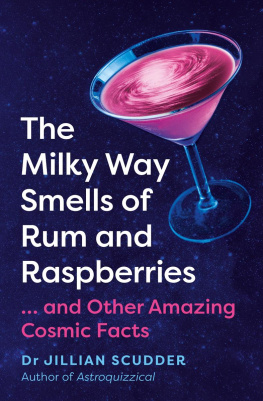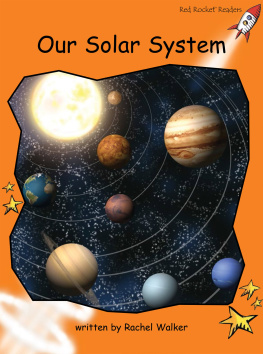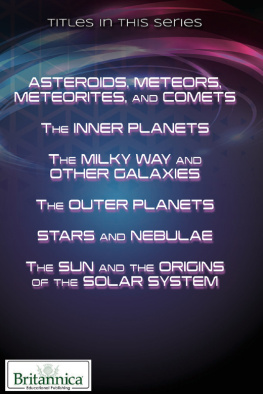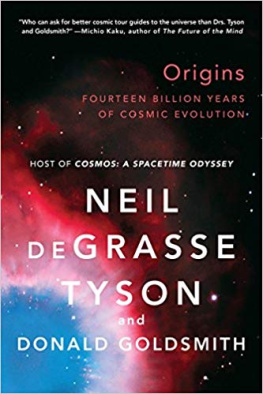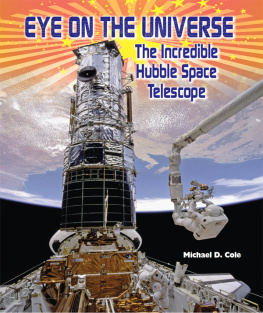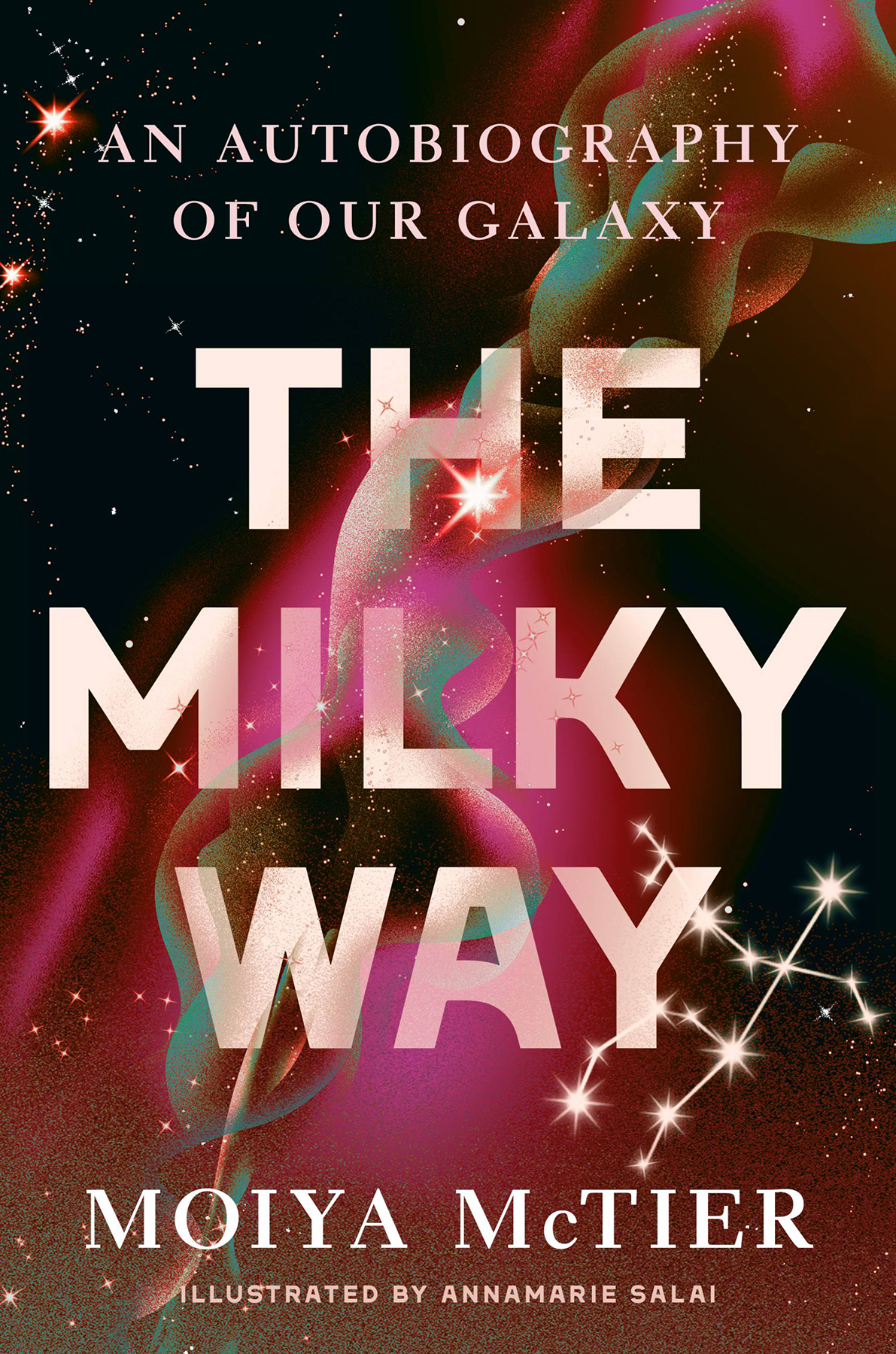
Copyright 2022 by Moiya McTier
Cover design by Tree Abraham. Cover illustration by Sandro Rybak. Cover copyright 2022 by Hachette Book Group, Inc.
Hachette Book Group supports the right to free expression and the value of copyright. The purpose of copyright is to encourage writers and artists to produce the creative works that enrich our culture.
The scanning, uploading, and distribution of this book without permission is a theft of the authors intellectual property. If you would like permission to use material from the book (other than for review purposes), please contact permissions@hbgusa.com. Thank you for your support of the authors rights.
Grand Central Publishing
Hachette Book Group
1290 Avenue of the Americas, New York, NY 10104
grandcentralpublishing.com
twitter.com/grandcentralpub
First Edition: August 2022
Grand Central Publishing is a division of Hachette Book Group, Inc. The Grand Central Publishing name and logo is a trademark of Hachette Book Group, Inc.
The publisher is not responsible for websites (or their content) that are not owned by the publisher.
The Hachette Speakers Bureau provides a wide range of authors for speaking events. To find out more, go to www.hachettespeakersbureau.com or call (866) 376-6591.
Library of Congress Cataloging-in-Publication Data
Names: McTier, Moiya, author.
Title: The Milky Way : an autobiography of our galaxy / via Moiya McTier.
Description: First edition. | New York, NY : Grand Central Publishing,
2022. | Includes bibliographical references and index.
Identifiers: LCCN 2022004461 | ISBN 9781538754153 (hardcover) | ISBN
9781538754177 (ebook)
Subjects: LCSH: Cosmology--Popular works. | Milky Way--Popular works.
Classification: LCC QB857.7 .M48 2022 | DDC 523.1/13--dc23/eng20220421
LC record available at https://lccn.loc.gov/2022004461
ISBNs: 9781538754153 (hardcover), 9781538754177 (ebook)
E3-20220705-DA-PC-ORI
To everyone whos ever been made to
feel that theyre not sciencey enough,
whatever that means.
Explore book giveaways, sneak peeks, deals, and more.
Tap here to learn more.

I HAVE LOVED THE STARS too fondly to be fearful of the night.
This last line from Sarah Williamss poem The Old Astronomer to His Pupil has often been a sort of mantra for me. And not just because it makes me sound like a spooky Victorian recluse.
I dont remember how, but as a young kid, I got it into my head that the sun and moon were my celestial parents. I imagined that they watched over me, and I actually talked to them, told them about what I was learning in school and what my friends were like (because, as I was surprised to learn, those friends didnt talk to the moon and sun, so someone had to tell our celestial mom and dad what was up). When my earth parents started having arguments at night, I cried to my celestial mom. And when my birth dad stopped showing up for scheduled home exchanges, my little kid mind decided to blame the sun, too. To this day, I dont like LA because its too sunny.
My earth mom fell in love again and we moved from our small Pittsburgh apartment to the strangest place I could imagine: a log cabin in the middle of the woods without running water, so close to the West Virginia border that I had to cross state lines to reach the nearest bookstore. The forest was the best playground an only child could ask for, a space to invent epic quests, hunt for faerie rings, or find the perfect branch to use as a fighting staff in mock battles with my new earth dad. But the community surrounding that forest, full of people who had only ever seen a Black person on TV, probably wasnt the hometown I would have picked for myself if my mom had asked.
For that reason and so many more (you try getting your period at ten years old when you dont have a working shower in your home), I sought comfort from the moon well into my adolescence. I developed a great love for the nighttime, the time of quiet, secrets, and peace. Declaring myself a creature of the night helped cement my desired place as the Weird Kid, as if being the smartest and also the blackest person at my small, rural school didnt already make me stand out enough. Thats not an empty flex; I was voted most unique and was easily the valedictorian of my class after skipping sophomore year. People still said I only got into college because of affirmative action.
Dont get me wrong, most people I interacted with were very kind, and Im grateful for the experiences had and connections made that let me empathize with a part of the country that rightfully feels ignored by the very class of intellectual elites I worked my ass off to break into. I learned valuable lessons in coal country, like how to chop firewood, do a deep-conditioning treatment with nothing but a bucket of water and a cup, and look past obvious differences to find common ground. But I also learned early on that my life would be better if I got myself out of there ASAP. Lucky for me, Harvard admissions officers are much fonder of bizarre, brilliant, Black girls than a lot of miners sons were.
Even though I always felt most comfortable at night and lived in a place with a beautiful view of the stars, I was never interested in the academic study of space before college. I merely loved the celestial aesthetic. But it didnt take me long to fall in love with the logical, data-driven nature of astronomy. The summer after sophomore year, I did a research internship where I spent hours analyzing five-dimensional data cubes to measure properties of a distant star-forming galaxy that I nicknamed Rosie. Falling deeper into astrophysics felt like learning how to talk to space in a whole new way, one that let me listen a little bit more to what the universe was saying instead of making up responses in my head. I was learning the language of gravity, cosmic rays, and nuclear fusion. With my new dictionary in hand, I set out to research as many different aspects of space as possible: star formation, the cosmic microwave background, X-rays from distant quasars, exoplanet characterization, stellar dynamics, and the chemical evolution of galaxies.
At the same time, following my love of mythology, I was learning about the stories that cultures used as devices to entertain, educate, and explain. Fairy tales to pass a night by the fire, fables to share a communitys values with the next generation, and myths to make sense of the world around them. I realized that, like my unusual mix of backgrounds, science and myth werent as contradictory as they seemed on the surface. Both are tools that we humans use to understand how we fit in with the rest of the universe. And after spending almost ten years studying the physics of space, five of them in a PhD program that inspired three stress tattoos and multiple rounds of therapy, my perspective on everything has widened in the most illuminating way. I feel more connected to people and nature, and more comfortable with my place among all of it.
Astronauts feel this same shift in perspective when they view Earth from orbit, because when youre in space, you cant see the imaginary borders that divide us. You see how fragile the complex, interconnected ecosystem we call home really is, and our petty human squabbles seem small and unnecessary. Philosopher Frank White called this life-changing cognitive shift the overview effect, and Ive always thought Earth would be a much nicer place for all of us to live if we each got to experience just a little bit of it.


